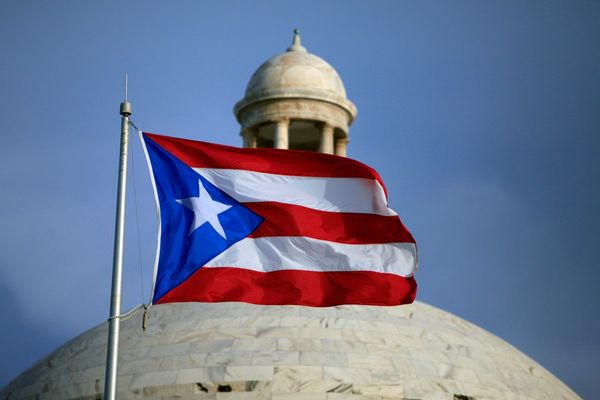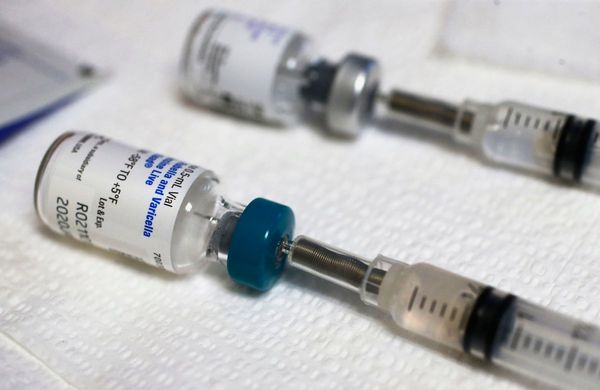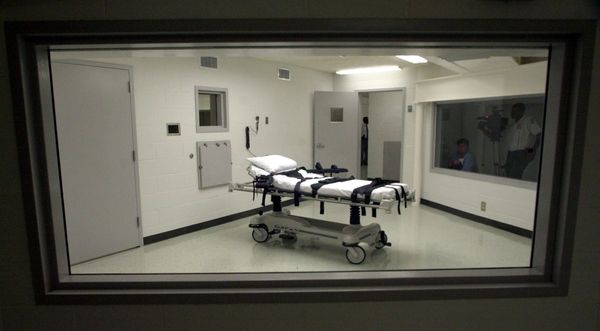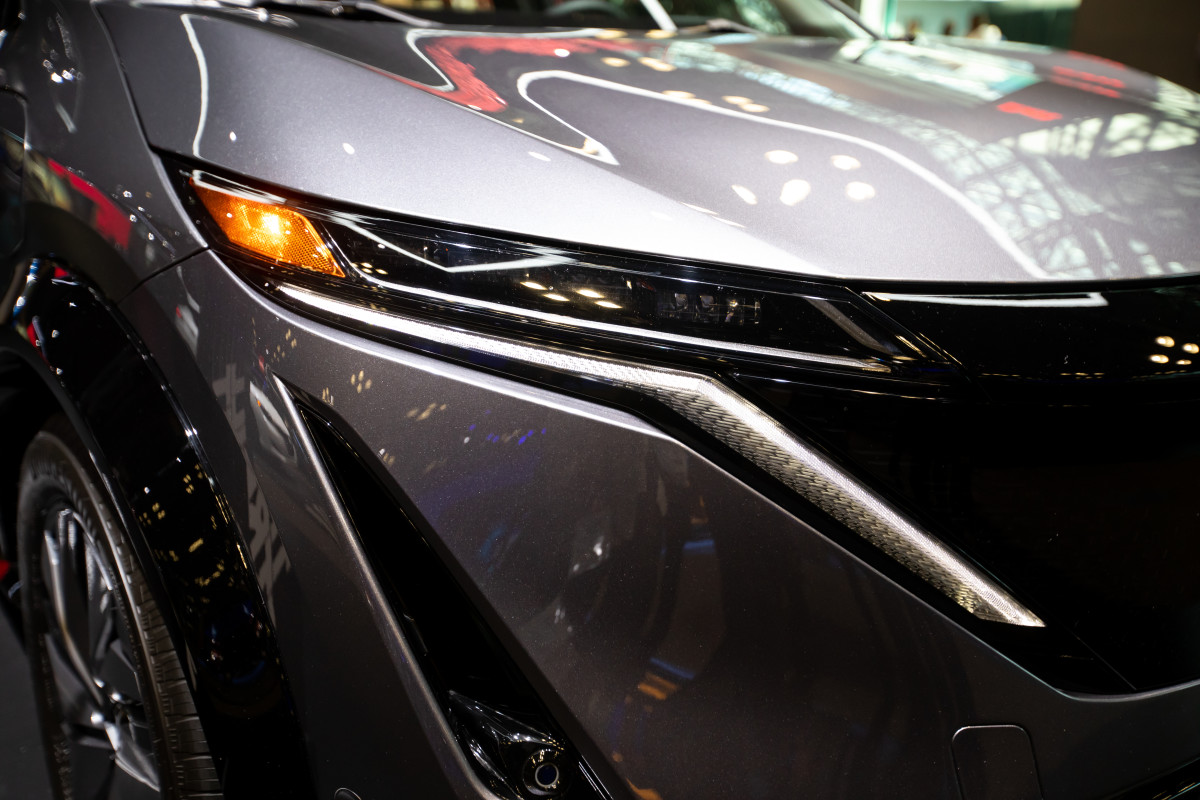
Two of Japan's biggest automotive rivals may be teaming up in an effort to take on low-cost EVs made by Chinese automakers.
Related: Top analyst faces harsh criticism about his stance on Tesla
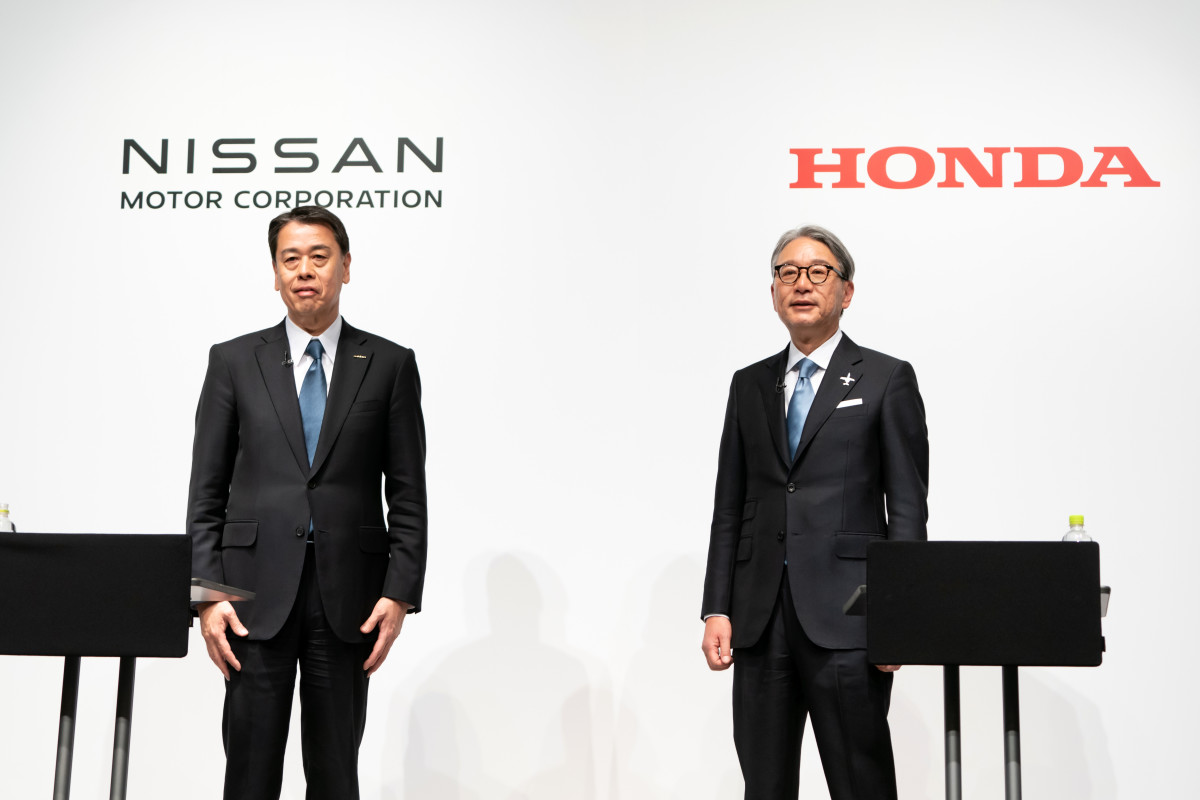
In a public announcement in Tokyo, automakers Honda (HMC) and Nissan (NSANF) have publicly signaled their intent to work together, with the two brands launching a feasibility study looking into the specifics of how the two brands will make EVs, key parts for EVs, as well as EV-related software, together.
Honda's President Toshihiro Mibe said that the two brands are still working out the kinks on exactly how they will collaborate, but Nissan CEO Makoto Uchida said that the bounds of their work are not limited to just Japan, and are open to working together globally.
Uchida emphasized the importance of working together as part of an alliance, alluding to the imminent threat posed by Chinese automakers and other rival EV manufacturers eating away at both Honda and Nissan's market share.
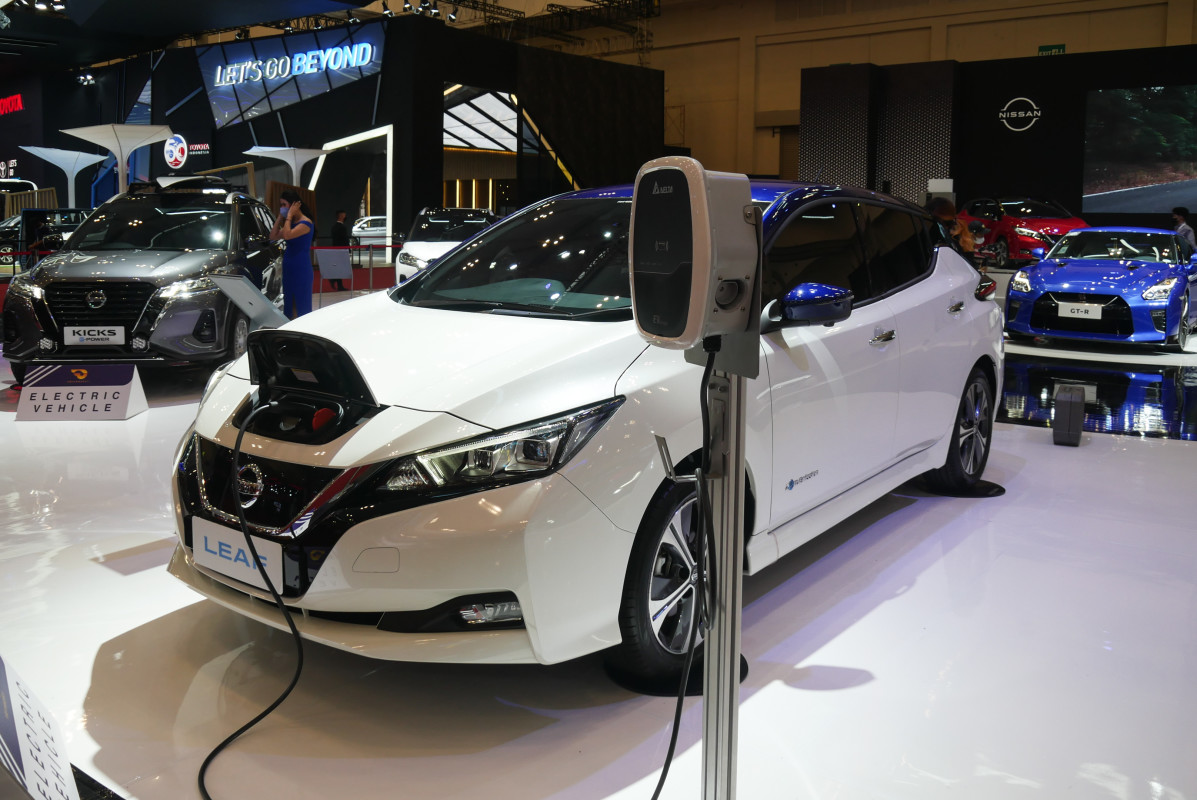
“Emerging players are very aggressive and are making inroads at incredible speed,” Uchida said. “We cannot win the competition as long as we stick to conventional wisdom and a traditional approach.”
Though Nissan has experience producing EVs like the Leaf hatchback and Ariya SUV, the connection between Nissan and Honda creates a tangled family tree of joint ventures and alliances. Nissan has been tied with French automaker Renault since 1999 and is currently working on an EV based off the Renault 5's platform.
While the Nissan boss claims that the joint program with Honda shouldn't complicate things with Renualt, Honda is rolling EVs made with tech that was made in partnership with GM and has a separate deal with Sony named Afeela that is planning its own EV lineup.
More Business of EVs:
- A full list of EVs and hybrids that qualify for federal tax credits
- Here’s why EV experts are flaming Joe Biden’s car policy
- The EV industry is facing an unusual new problem
Uchida mentioned that both Nissan and Honda were open to bringing in its existing partners into the mix, should opportunities for meaningful collaboration arise. Additionally, Mibe noted that the two companies are exploring opportunities to at scale and cheaper.
Mibe emphasized that there is a finite amount of time in order to get their EV strategy underway. Currently, 0.5% of Honda's worldwide sales were EVs, though the company plans to increase its sales of EVs and fuel cell vehicles dramatically by 2040.
"We are strapped for time and need to be speedy," Mibe said. "In 2030 to be in a good position we need a decision now."
Related: Veteran fund manager picks favorite stocks for 2024

